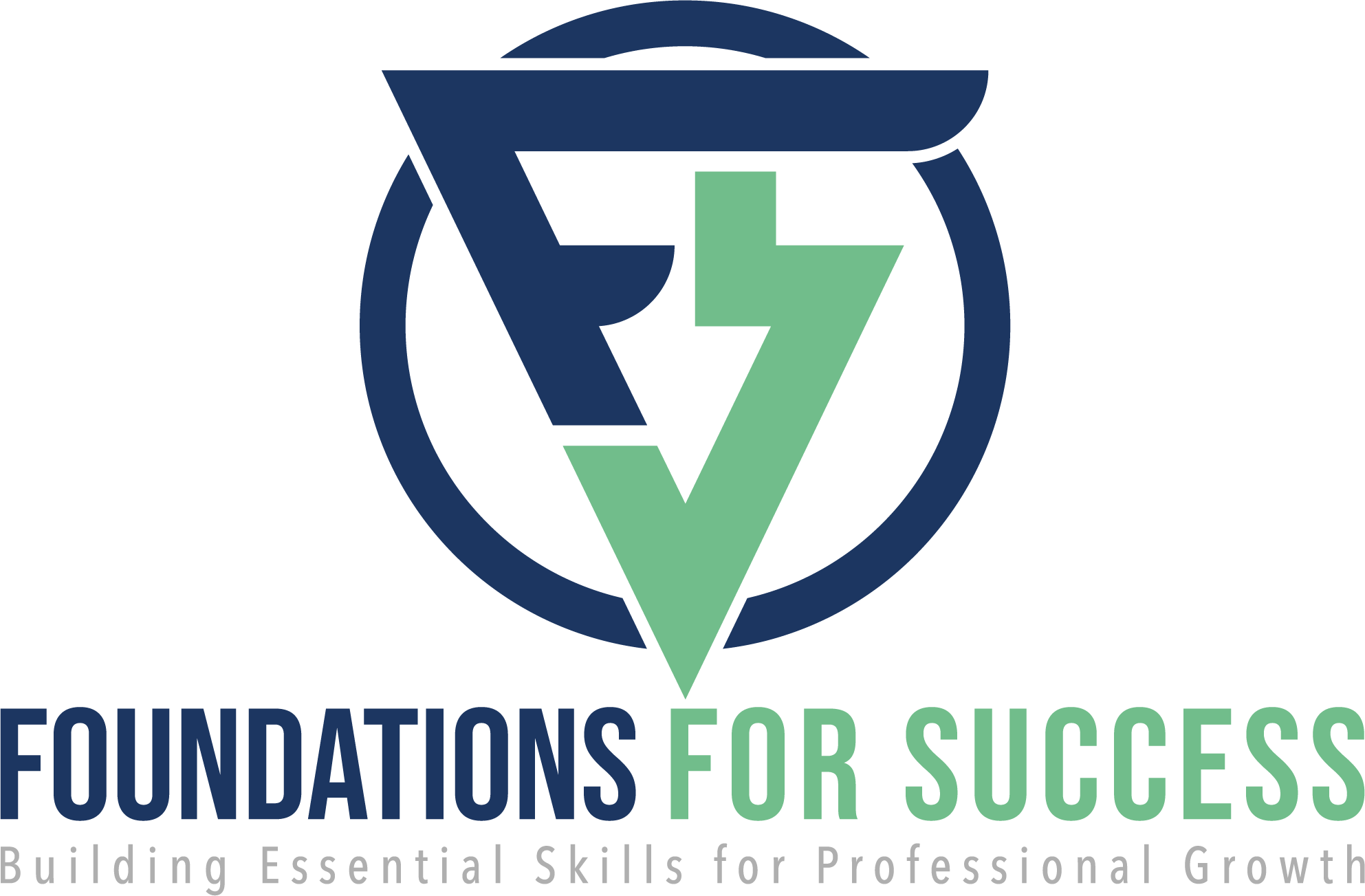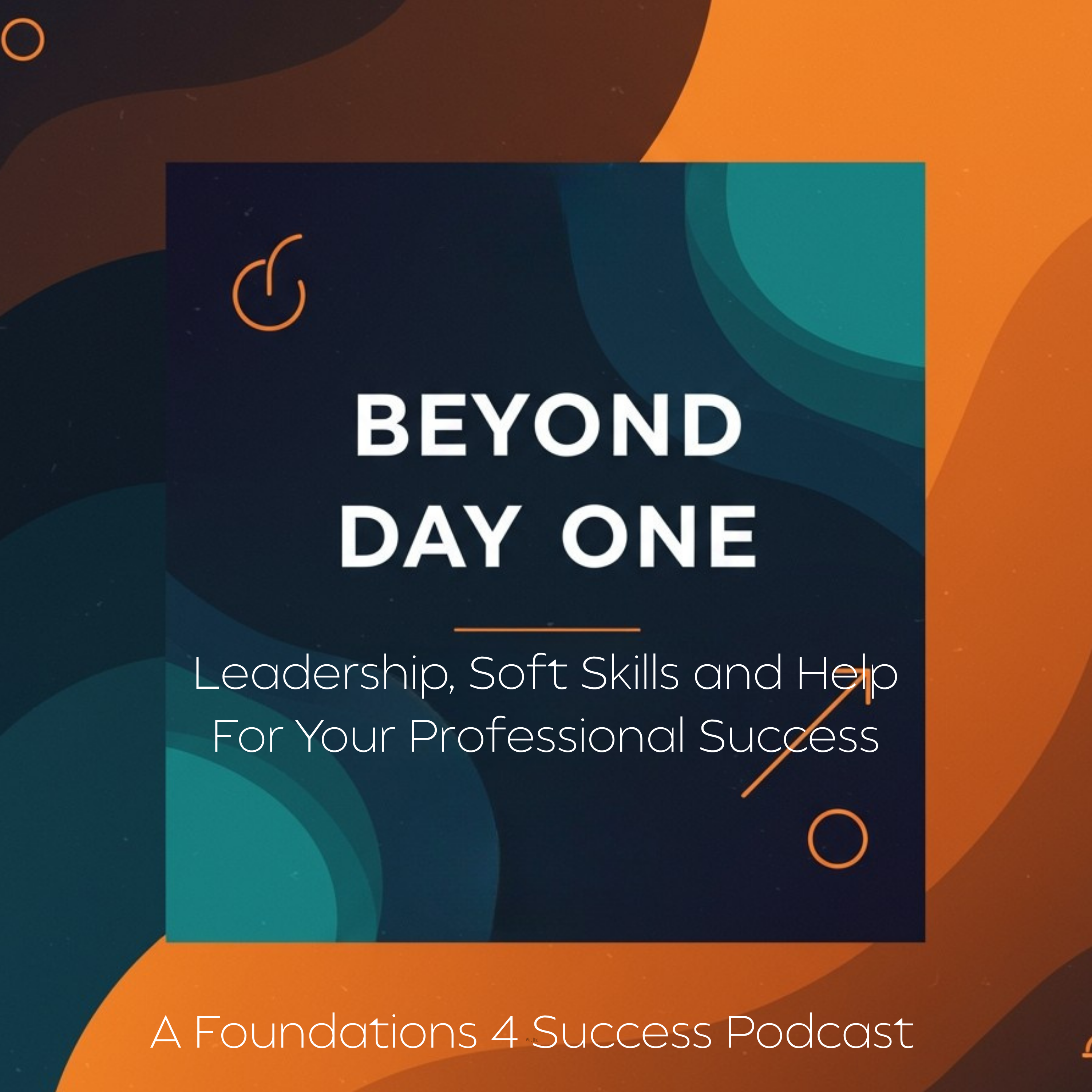You’ve probably been in this situation: you’re sharing an idea in a meeting, or with a friend, but you can tell they aren’t really listening to you. They’re nodding, maybe even smiling, but their eyes are scanning their phone, or by that glassed-over look in their eye, their mind is clearly somewhere else.
How do you feel when that happens? Probably frustrated, discouraged, or even disappointed. How do you suppose it feels when you do it to others?
Now flip it. Imagine talking with someone who leans in, asks meaningful questions, and gives back what you’ve said in their own words. How do you feel then? Heard, valued, and respected? I bet you feel better in the second scenario than in the first. That’s the difference listening makes.
And that’s why listening is one of the most underrated communication skills of all.
We often think of communication as what we say or how we present. But the truth is, great communication starts with listening. If communication is the essential and master skill of professional success, then listening is its most overlooked superpower. And it’s up to you to acquire it and add it to your communication skills toolbox.
Listening Is Active, Not Passive
Most people think listening is just sitting quietly while someone else talks. But hearing is not the same as listening.
Listening is active. It means engaging with the speaker, seeking to understand, and signaling that you’ve absorbed their message. Hearing can be passive—it doesn’t guarantee that anything you said was actually received or understood.
Stephen Covey put it best: “Most people don’t listen with the intent to understand; they listen with the intent to reply.”
When you flip that mindset and listen to understand first, your communication changes. Conversations become less about waiting for your turn to speak and more about building genuine connections.
Here are a few things listening can do for you:
Listening Builds Trust
Being listened to is powerful. It tells people that they matter.
When employees feel heard, they are more engaged, loyal, and motivated. For Gen Z especially, being recognized and valued at work isn’t optional—it’s expected. The managers who do this will have given themselves an advantage.
Leaders who listen create psychological safety. Teams are more likely to share ideas, raise concerns, and innovate when they know their voices won’t be ignored.
👉 Listening doesn’t just transmit information—it builds trust.
Listening Improves Decision-Making

Poor listening leads to poor decisions. A vague instruction, an ignored warning, or an assumption about what someone meant can derail projects and damage relationships. And this is just as true at home as it is at work.
But leaders and professionals who listen well gather more complete information and gain better understanding. They catch the nuances others miss. They prevent costly misunderstandings before they happen.
Good listening also shows humility. It acknowledges that you don’t have all the answers, and that valuable insight often comes from those closest to the work.
Listening as a Leadership Differentiator
Think of the best leaders you’ve known. Chances are, they weren’t the ones who spoke the loudest—they were the ones who listened the deepest.
Listening is a leadership differentiator because it demonstrates emotional intelligence, empathy, and respect. It communicates: “Your perspective matters.”
And in today’s noisy, distracted workplace, the ability to quiet your own voice and focus on someone else’s is a rare and memorable strength. We’ll talk more about this next week.
How to Practice Active Listening
Here are some practical ways to strengthen your listening muscle:
• Use the 80/20 Rule: Spend 80% of your time listening, 20% speaking.
• Ask open-ended questions: Go beyond yes/no answers. Try: “Can you tell me more about that?” or “How did you come to that conclusion?” Closed questions limit your conversation.
• Mirror and summarize: Repeat back what you’ve heard to confirm understanding. For example: “Thanks for sharing that. What I understood you to say was…”
• Remove distractions: Put down the phone, close the laptop, turn on your camera.
• Embrace silence: Don’t rush to fill gaps—sometimes the best insights come when you wait.
Like any skill, listening improves with practice and intentionality.
The Bottom Line
If communication is the master skill of professional success, then listening is the hidden power that makes it work. It builds trust, reduces mistakes, strengthens relationships, and sets great leaders apart.
Listening isn’t just polite—it’s powerful.
If you want to be heard, start by listening. That’s the real Communication Advantage.
Coming Next in the Series
In the next article, we’ll explore clarity and how cutting through noise and confusion gives you the communication edge in a distracted workplace.


